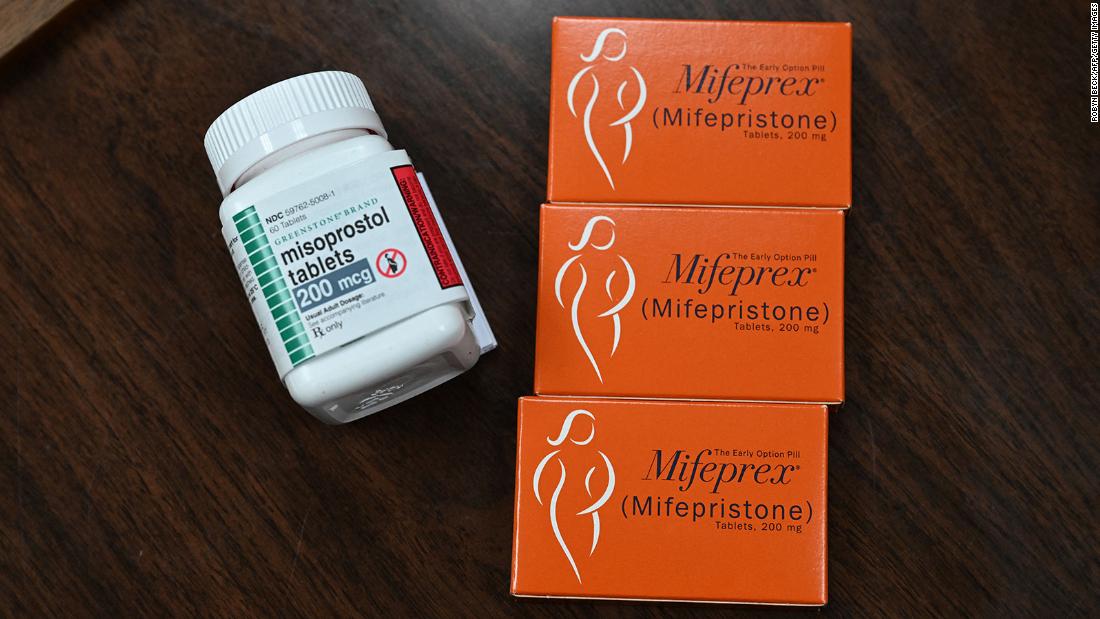CHRISTMAS was once cancelled in England – and it wasn’t by the Grinch.
It sounds like a nightmare – no mince pies, no carols, not even a Christmas tree in sight – but for almost 20 years in England, festive cheer was illegal.
Shopkeepers on Canterbury High Street rebelled against the ban on ChristmasPaul Lawrenson/Alamy Live News
In Canterbury (pictured), when one shopkeeper refused to open on Christmas Day, locals took to the streets in what became known as the Plum Pudding RiotSipa US/Alamy Live News
The holiday was officially cancelled in the 1640’s.
MP Oliver Cromwell and his Puritan supporters launched a brutal crackdown on Christmas.
They didn’t just frown upon celebrations; they outright banned them, from feasting to decorations.
A December 1643, a law passed which demanded the holiday be marked with “solemn humiliation” rather than joy.
Parties and holiday cheer were strictly off the table.
By 1644, the restrictions only intensified – Christmas was to be treated like any other day.
Festive classics like mince pies and plum puddings were banned outright.
According to Historic England: “Shops and markets were told to stay open on 25 December.
“And in the City of London soldiers were ordered to patrol the streets, seizing any food they discovered being prepared for Christmas celebrations.”
But enforcing the ban was far from smooth sailing.
In Canterbury, when one shopkeeper refused to open on Christmas Day, locals took to the streets in what became known as the Plum Pudding Riot.
Angry crowds smashed windows, tore up the mayor’s robes, and even forced him to flee.
This rebellion sparked a wave of protests in cities like London, Norwich, and Ipswich, and sailors in Kent laid siege to ports.
Yet Cromwell’s ban stayed in place for years.
Christmas wasn’t restored until 1660, when the monarchy returned and the Puritans lost power.
Though Cromwell’s efforts ultimately failed, the impact of his crackdown lingered – even across the Atlantic, where the Pilgrims adopted a similar Christmas ban in America’s colonies.
While Cromwell tried to cancel Christmas, Dutch settlers in America were celebrating their own version of the holiday with Sinterklaas – who would eventually evolve into Santa Claus.
Over time, Santa found his way back to England, blending with Father Christmas to become the jolly figure we know today.
It’s hard to imagine Christmas without carols and treats, if it weren’t for Canterbury’s spark of rebellion our festive traditions could have looked very different.
Meanwhile, Brits can enjoy the Christmas cheer in the top most festive cities in England.
Or for those looking to get away for Christmas break, we’ve revealed the best Christmas markets to visit in Europe.
TOP 10 MOST FESTIVE PLACES IN ENGLAND
According to number of “Christmas” mentions per head in historic newspaper articles
1. Durham: 1.00
2. Cambridge: 0.95
3. York: 0.8
4. Ely: 0.70
5. Oxford: 0.69
6. Lincoln: 0.69
7. Salisbury: 0.67
8. Derby: 0.58
9. Bath: 0.54
10. Exeter: 0.54
MP Oliver Cromwell banned Christmas in the 1640sAmazon
Canterbury High Street, pictured above, remains festive as ever in 2024Krisztian Elek/SOPA Images via ZUMA Press Wire
GettyChristmas was banned for 20 years (stock image)[/caption] Published: [#item_custom_pubDate]















































































































